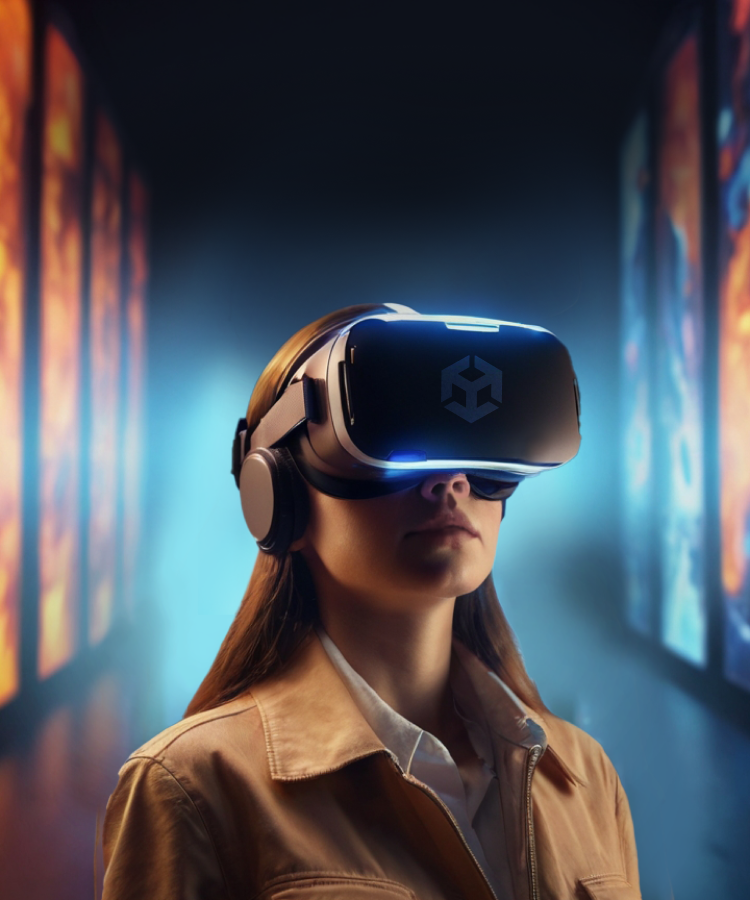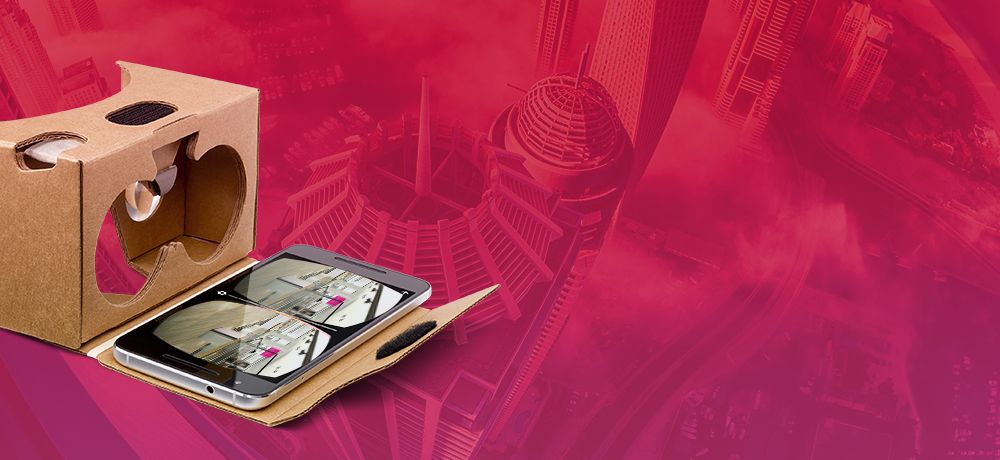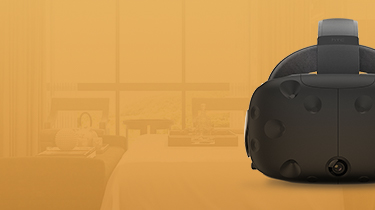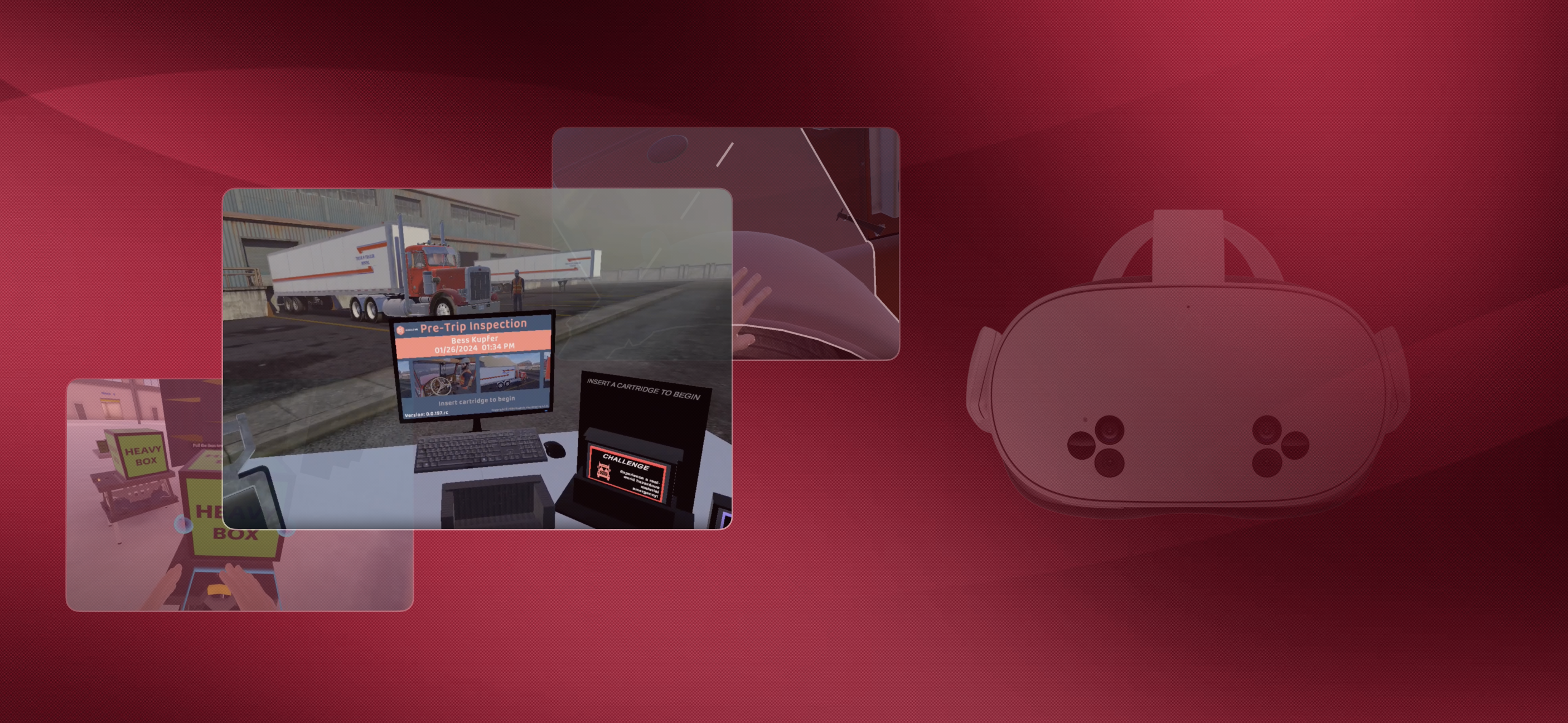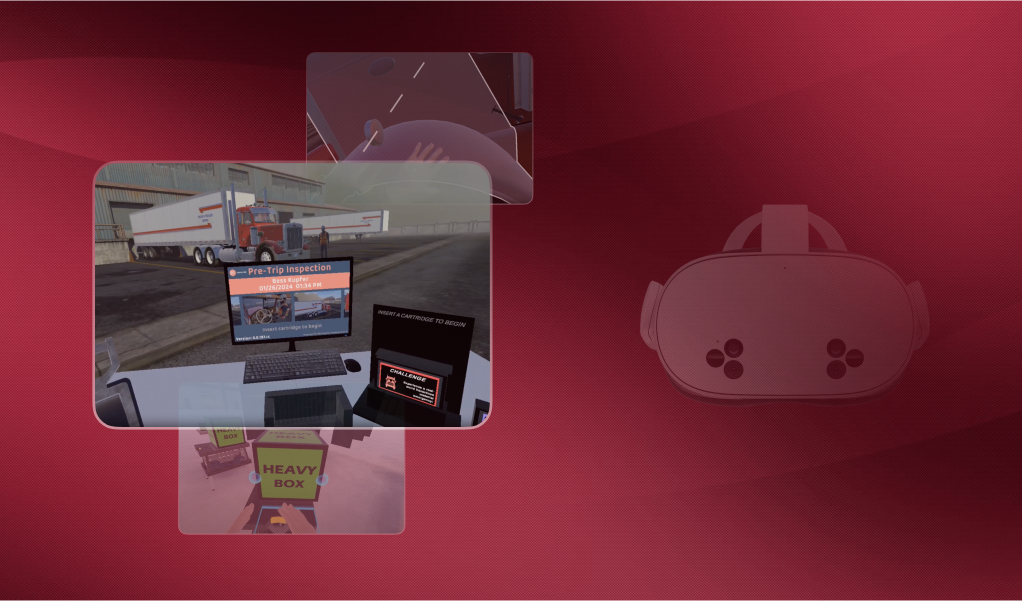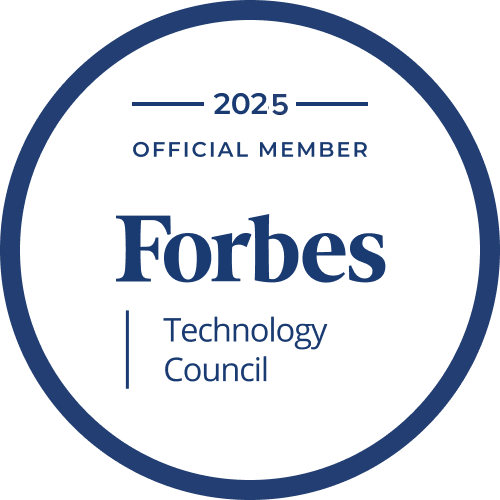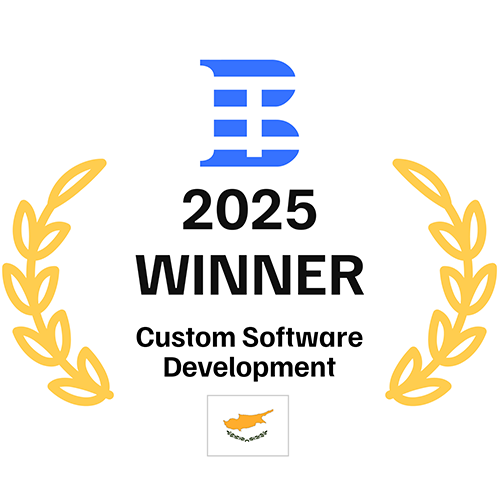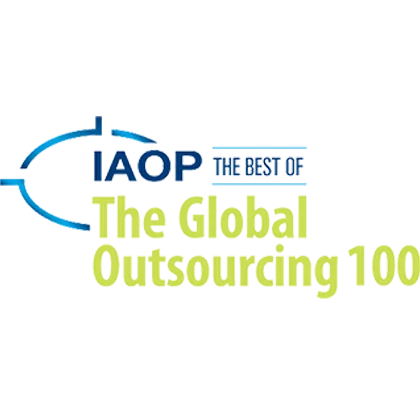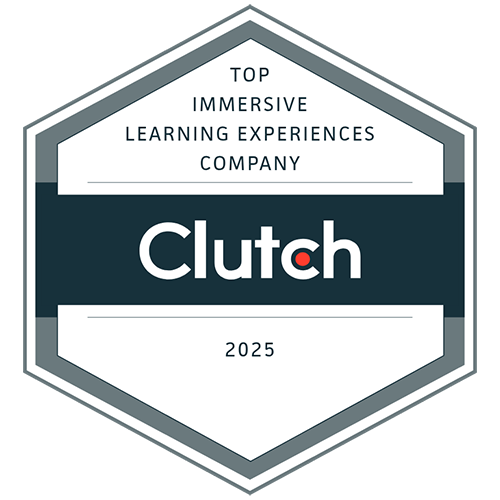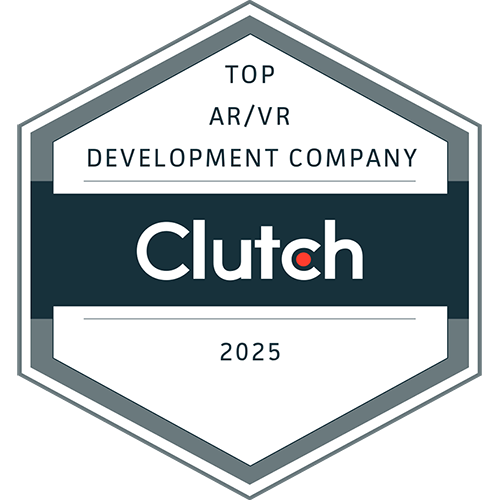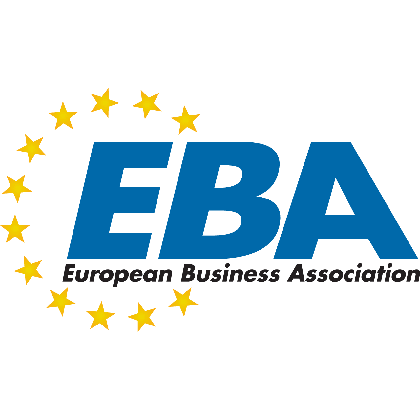Businesses, regardless of their size, can consider Unity VR projects as a financially viable option due to Unity's scalable and accessible development environment. Unity's platform supports VR development in Unity with a range of tools and assets that streamline the creation process, making it less costly and more efficient than many might assume. With Unity, smaller companies have the opportunity to create VR experiences that were once thought to be the exclusive domain of larger entities with deeper pockets.
Unity in VR stands out as a leader for its ability to democratize the development of virtual reality experiences. The platform offers a wealth of resources, including tutorials, asset stores, and a supportive community, that can significantly reduce the learning curve and development time. Such resources make it possible for businesses to produce high-quality VR applications without needing to invest in expensive training for their developers.
The scalability of Unity VR projects is a key factor that contributes to their financial viability for businesses of all sizes. Unity allows developers to adjust the complexity of their projects based on their budget and technical capabilities. Whether a company wants to create a simple VR walkthrough or a complex Unity VR game, the platform provides the flexibility to scale projects up or down accordingly.
Cost efficiency in Unity VR game development is further enhanced by the platform's support for a wide range of VR hardware. This compatibility means that businesses can target a broader audience without the need to redevelop their applications for different devices, maximizing the return on their investment. Moreover, the wide reach of Unity games ensures that businesses can engage with users across various platforms, from PC to mobile VR headsets.
The interactive and immersive nature of a VR game makes it an effective tool for marketing, training, and simulation, offering companies a competitive edge. Through Unity, businesses can create engaging VR experiences that captivate users, making it a smart investment for enhancing brand visibility or improving employee skills. The potential returns from increased brand recognition and operational efficiency often outweigh the initial costs of VR development.
Unity's model also supports continuous updates and improvements, allowing businesses to keep their VR applications at the cutting edge of technology without continuous heavy investment. This approach ensures that a company's VR content remains relevant and engaging over time, further enhancing the financial viability of Unity VR projects.
With the growing interest in virtual reality across industries, the demand for VR content is on the rise. Unity is at the forefront of meeting this demand by providing a comprehensive platform for VR content creation. The affordability, combined with the platform's robust capabilities, makes Unity an attractive option for businesses aiming to explore the potential of VR without compromising their budget.
Considering the accessibility, cost-effectiveness, and scalability that Unity offers, businesses from startups to multinational corporations can find Unity VR projects to be a financially viable and strategically advantageous option. The platform not only facilitates the development of VR applications but also opens up new avenues for innovation and engagement in a way that aligns with financial constraints and business goals.
If your organization is evaluating virtual reality opportunities or looking to build upon its VR initiatives, Unity is a practical option. We welcome inquiries from businesses curious about integrating Unity into their VR projects. Our support team is on standby to guide you through Unity's advantages, ensuring your venture into virtual reality aligns with your financial and operational goals. Let’s connect!




